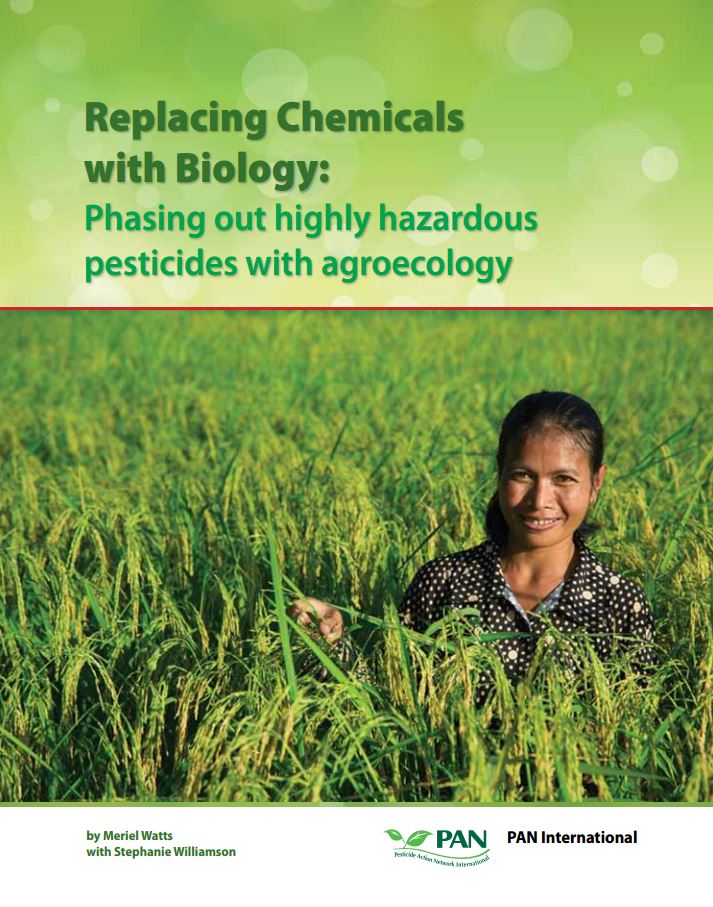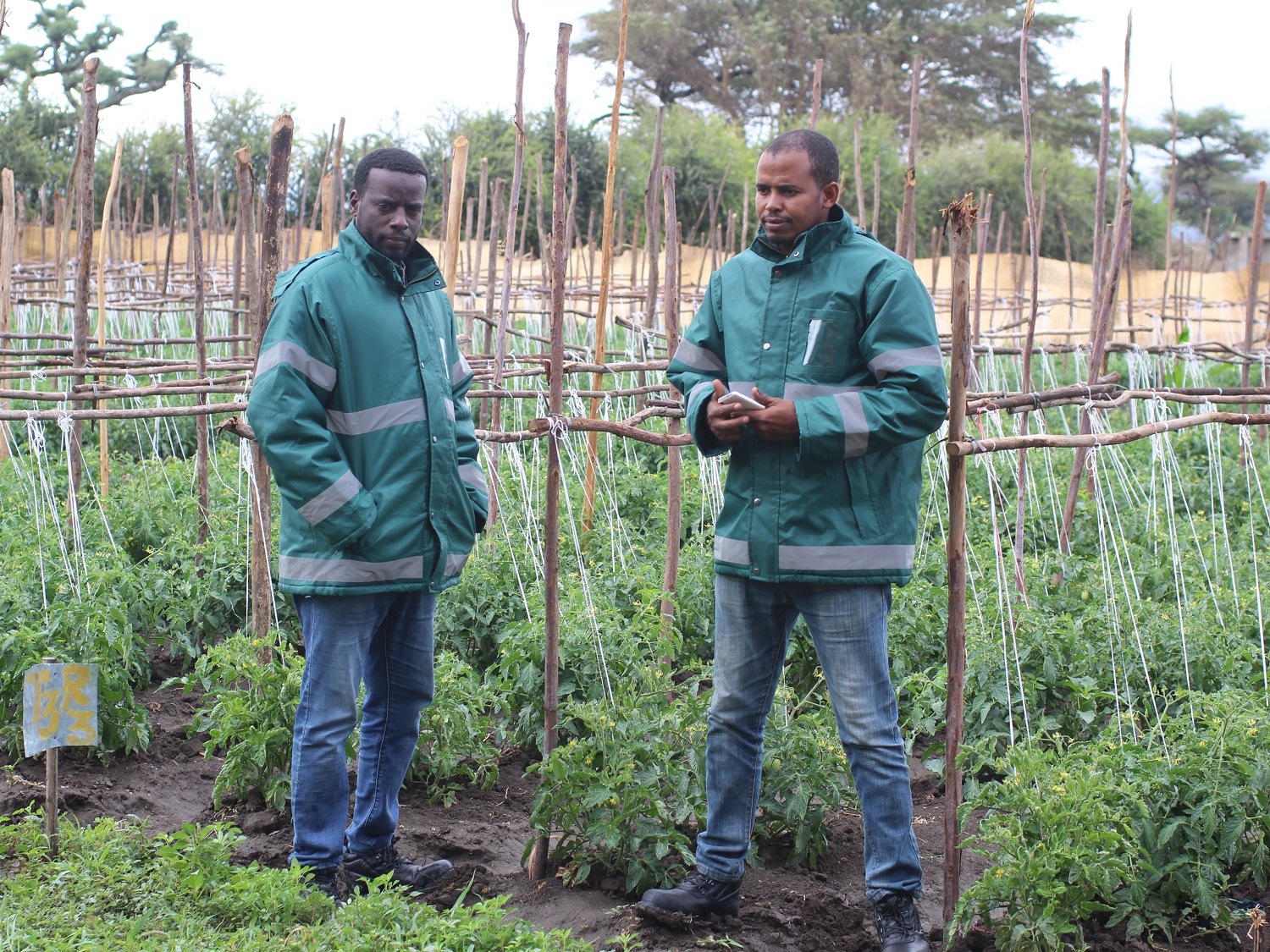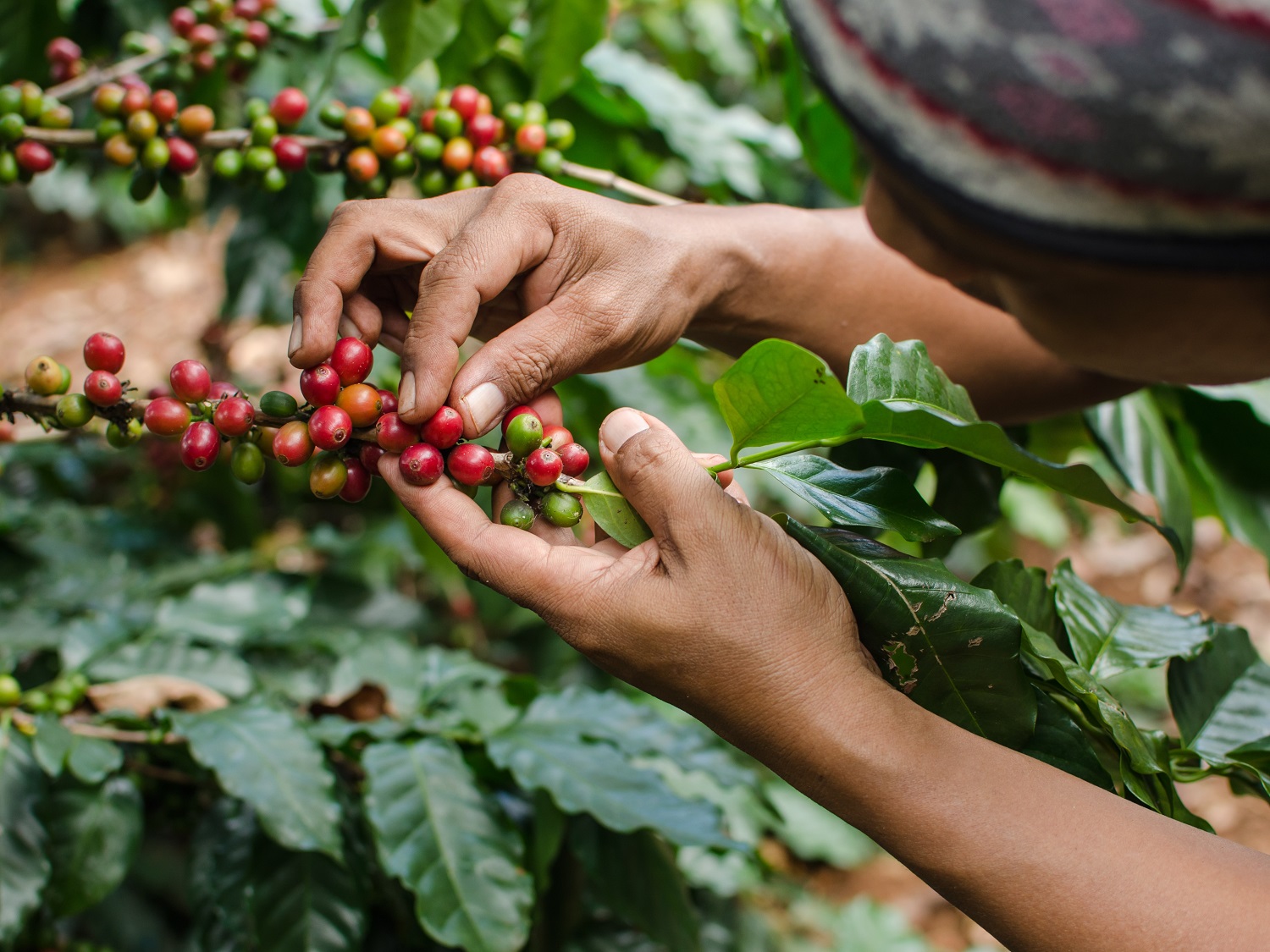What is Agroecology?
Agroecology is the science and practice of applying ecological concepts, principles and knowledge to the study, design and management of sustainable agroecosystems. Instead of relying on synthetic pesticides and fertilisers to control pests and provide the nutrients for crop growth, agroecological farming aims to replace chemicals with biology. Maximum use is made of the beneficial interactions between different organisms. For example, by sowing legume plants from the pea and bean family, which can fix nitrogen from the air and help to provide this essential plant nutrient in the root zone of the crop.
Seven Core Components of Agroecology
There are seven core components of agroecology which aim to develop and maintain an agroecosystem that works with nature, not against it:
- adapting to local environments
- providing the most favourable soil conditions for plant growth
- promoting biodiversity
- enhancing beneficial biological interactions
- minimizing losses of energy and water
- minimizing the use of non renewable external resources
- maximising the use of farmers’ knowledge and skills.
While all of these components are relevant to sustainable pest management, those highlighted are the most important in helping farmers move away from reliance on pesticides. Predatory insects, spiders and insect-feeding birds, bats and frogs which prey on crop pests provide the important ecosystem service of biological pest control. This underpins the practice of Integrated Pest Management, along with crop husbandry practices which produce healthy plants better able to withstand pest or disease attack. It also helps to prevent or reduce pest reproduction and the spread of diseases and weeds.
What is exciting about the recent upsurge in interest in agroecology is that it goes beyond simply a set of farming practices. It embraces a social movement of individuals and community groups growing and supplying food in ways that help people reconnect to the land. It also addresses some of the environmental and social justice challenges we face in 21st century agriculture. PAN UK advocates for more policy support for agroecology in UK farming and in developing countries, as well as research and farmer training and advice on how to introduce agroecological methods into conventional farming.
Find out more about Integrated Pest Management and its relevance in organic and non-organic systems.
KEY RESOURCE
PAN UK contributed chapters to the 2015 PAN International book ‘Replacing Chemicals with Biology: Phasing out highly hazardous pesticides with agroecology’.
This book provides detailed explanation of the key principles and practices of agroecology. Case studies are of successful agroecological farming in Asia, Africa, Latin America, Europe and USA in crops ranging from rice, coffee, cotton to vegetables and wheat. These cases show how applying ecological principles not only delivers effective tools for management of pests, diseases and weeds, but also more sustainable livelihoods in rural communities and other social and environmental benefits. It also discusses the kind of policy changes needed for more farmers to take up agroecological practices.




